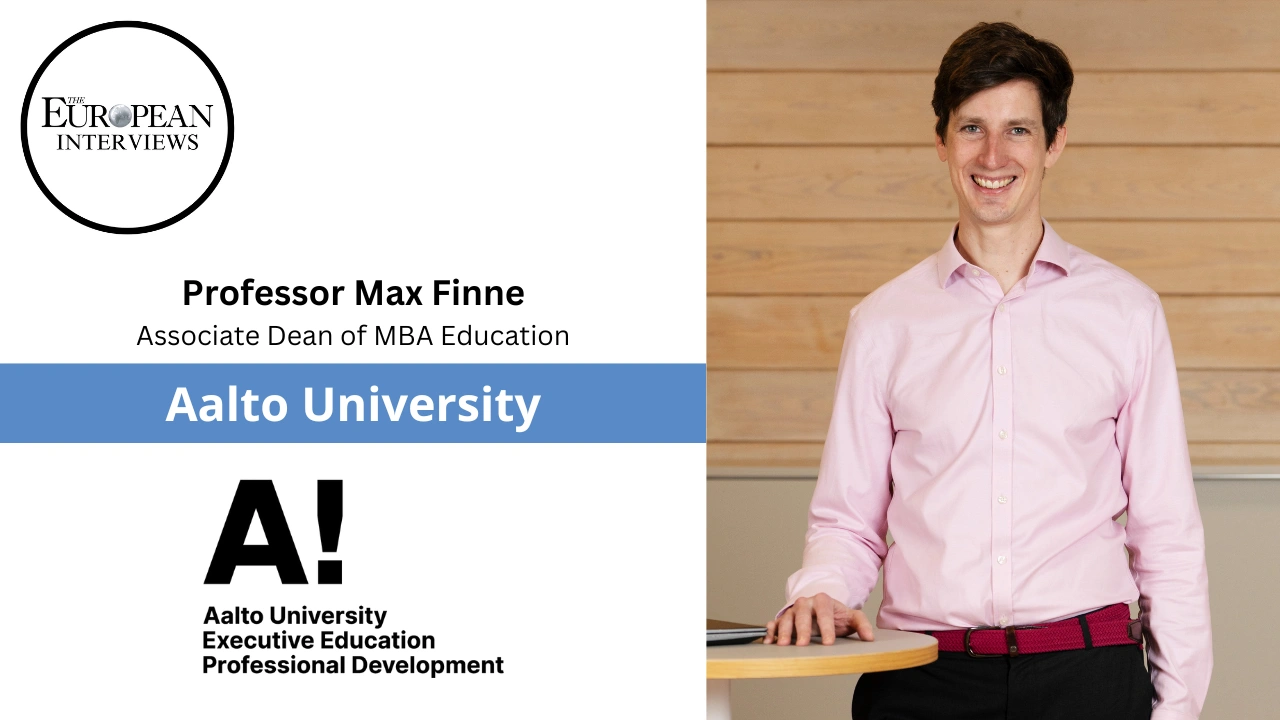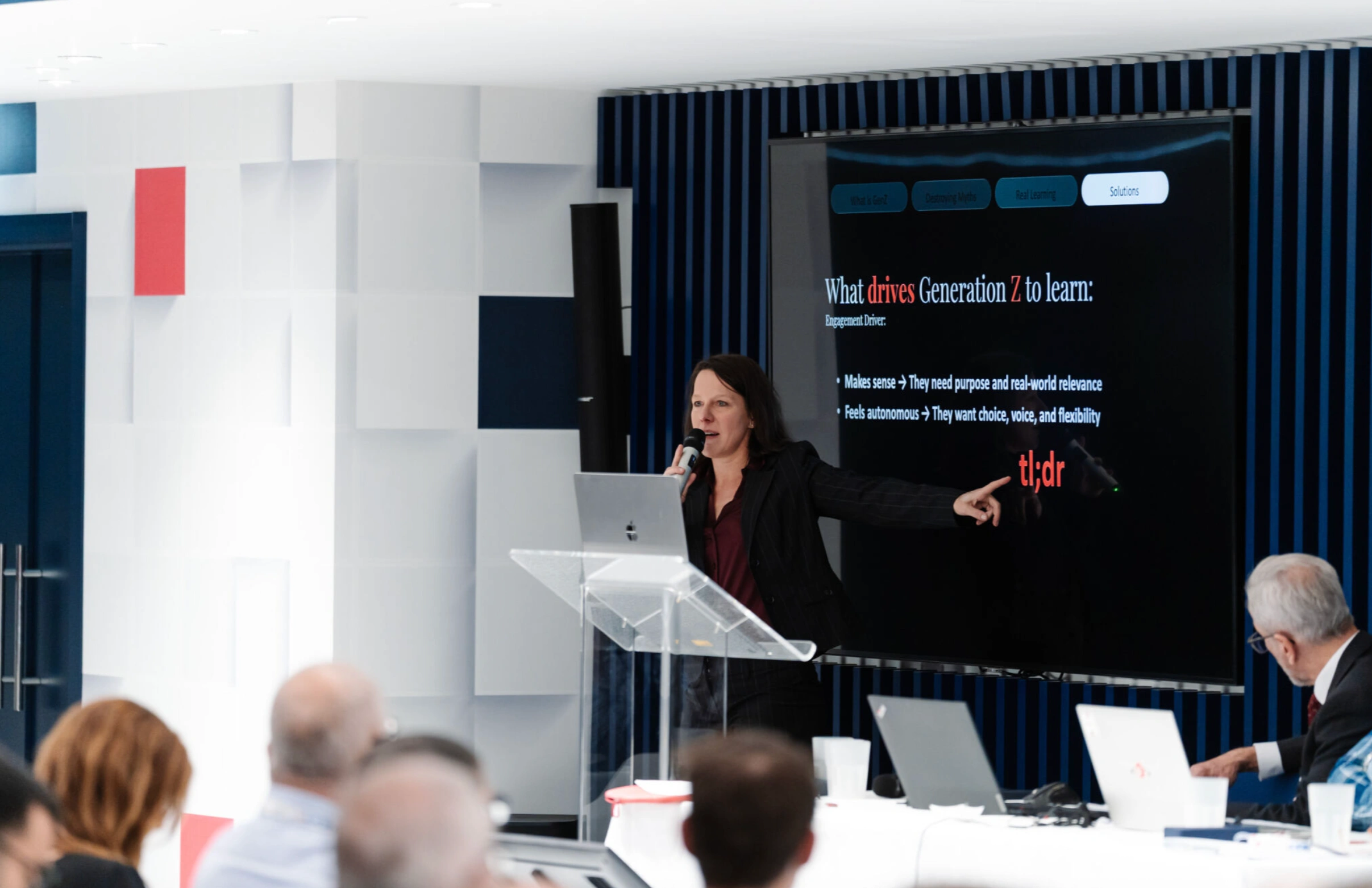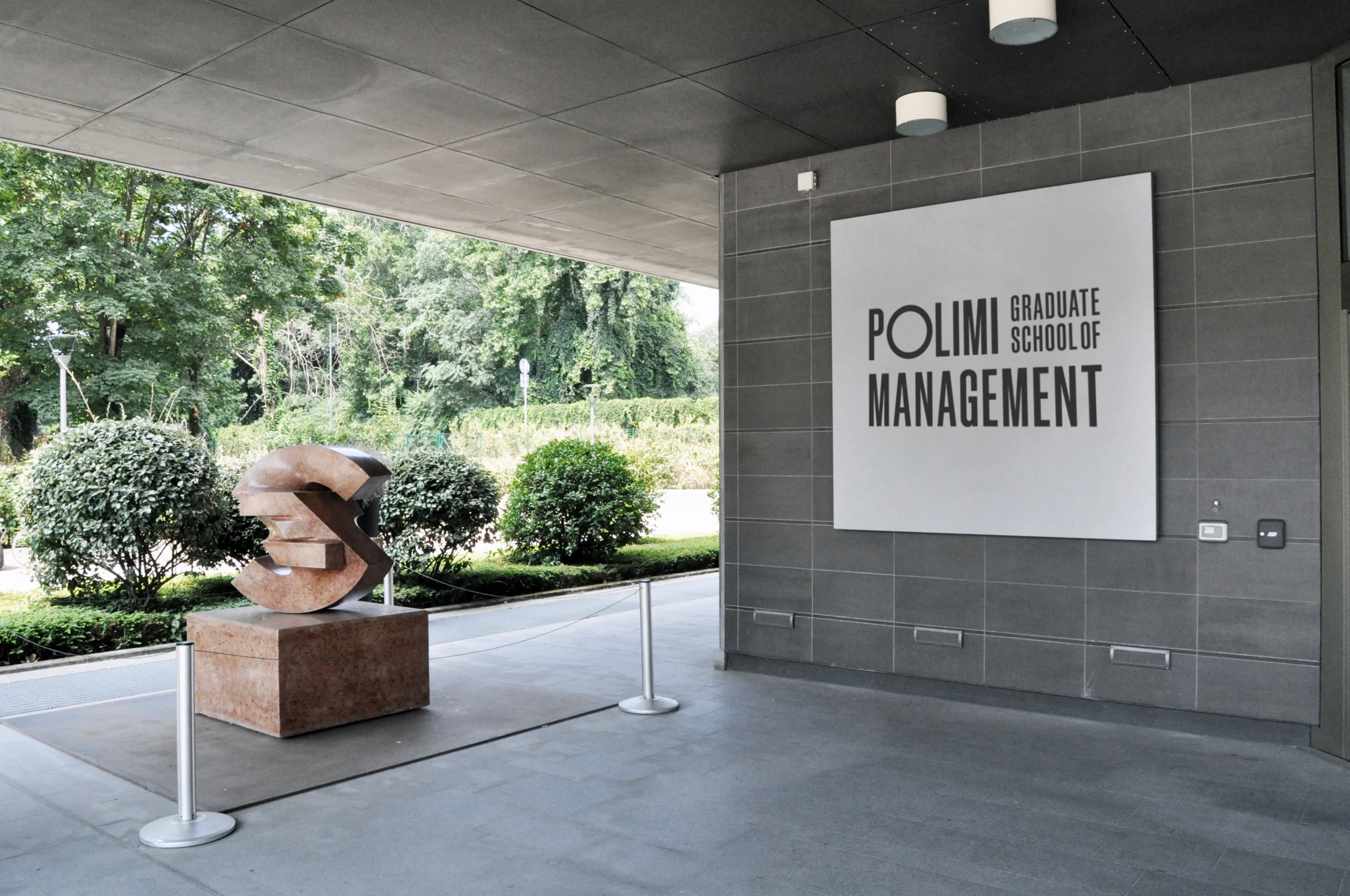Can we not do this anymore?

John E. Kaye
- Published
- Executive Education, Home

Psychological safety is key to high-performing, happy employees – and there are certain words that threaten it, writes Neuro Practitioner Sam Mather
Snake: a word that sends shivers down my spine. For you it might be spider, injection, marriage, taxman… words can impact how we feel and in the workplace our sense of psychological safety.
For employees to be able to solve problems, be creative, share ideas, learn, deal with change and be resilient, they need to feel psychologically safe (PS). In feeling safe, they are channelling their mental energies into constructive thinking rather than investing their energy into self-protection, politics, CYA and managing the inevitable stress that comes with feeling unsafe.
An individual’s PS is primarily determined by what they see, hear and observe around them. And our brains, which are programmed to protect us, are acutely tuned to spotting potential threats. This does mean that organisations are often unwittingly using language that our brains interpret as a potential threat: triggering a stress response – and reduction in PS.
What follows are some examples of all too familiar words and terms that we use in the workplace that may subliminally send out a message of a potential threat.
A matter of competence
Our brain is hardwired to ensure our competence – after all, being “competent” used to be a matter of life and death. So when our competence is challenged, we often have an emotional response: anger, upset, fear. Some words that we associate with a challenge to our competence are:
- Feedback – We have been told to embrace feedback as a gift, and it can be! But only if you feel safe. How the feedback is provided is important, but sadly one bad experience receiving feedback will tarnish any future experiences. Instead of giving feedback, apply coaching techniques enabling the employee to identify their own future areas of improvement.
- Appraisal – Defined as “the act of assessing someone or something”. This is a very judgemental process and is very likely to impact PS. This is compounded if the situation is seen as an unfair process and/or linked with a pay reward. Leaders who work closely with their people, don’t need an end of year “appraisal” to assess performance.
- Failure – This fixed mindset language creates binary options: Successes and Failures, Winners and Losers. That there is one or the other. In doing so, the fear of being a failure or loser is so great, that people just stop trying new things, being innovative. Rather, adopt a mindset of growth and learning: you win or you learn1. Make it ok to “fail”: it’s all about learning. In doing so people will be more likely to try new things, more open to change and innovation.
- Stretch or Challenging Goals – The theory of “Stretch Goals” from Latham and Lock2 in which they argue that this will develop and “stretch” performance. However they also note that such goals are demotivators when the individual is either low in self-confidence and cause stress as they become incrementally more challenging year by year, until they are unachievable. In today’s environment, goals are hard to achieve as it is. Stretch goals are unnecessary and undermine psychological safety.
- 110% – Aside from the mathematical impossibility of this, we have a finite amount of physical, emotional and cognitive resources3. These resources we allocate according to life’s demands. This is why when there is a lot going on at home, we find it hard to stay on top of things at work. And vice versa. By asking people for 110% you are effectively saying give me everything you have….and the rest be damned. People with lives cannot give work 100%, let alone 110%, because their resources are also being used up by kids, spouses, parents, other things that are as, if not more, important than work.
Losing control
Our brain sees a lack of control as a potential threat. After all if we are not in control of our own destiny, that could be a threat to our survival. So, some words, related to control, that may reduce psychological safety are:
- Right-sizing/down-sizing/maximising efficiencies These are organisational buzzwords that strike fear into the hearts of employees because they are fancy words for job losses. Mention these and people immediately think “what about my job? …my house …my kids”. This leaves people with a sense of being out of control. Therefore they focus on making themselves safe, playing politics, not sharing information and CYA.
- Command and control – Ok, this is not a specific word, but language that is associated with a command and control style of leadership diminishes a sense of control and with it, PS. Make sure you collaborate, invite opinions and discussions without negative repercussions. You don’t have to get agreement, just consensus. As long as all the relevant stakeholders have had a voice.
Humans are social animals, we find safety in numbers and as such we are programmed to “connect” with others. The workplace is an important environment for making connections that can make us feel safe and part of a community. Or not.
- Employee of the Month – This is great if that’s you. But for the remaining 99.9% it’s not. You are effectively pitching one employee against another. In creating a competitive environment, you are diminishing psychological safety. This also applies to having publicly displayed “leaderboards” – it motivates the few and demotivates the many. If you want collaborative working, don’t pitch people against each other.
On a similar note: Given the limited amount of resources we have, we need to have a good reason to invest in an activity or task, we need to give people a “cause”. A reason to work. And money is not it.
- Financial incentives – Research has shown that financial incentives only motivate in the short term, and in the long term are actually demotivators. Pay structures such as commission works when you are producing something…for x widgets you get y payment. But if the job involves any cognitive work: i.e. knowledge work, then commission is no longer a motivator4. Indeed, there is a suggestion that extrinsic motivators such as these can reduce intrinsic motivation. The fear of not achieving and meeting commission levels, creates a level of stress that may undermine PS. Instead, create meaning and purpose in the roles that people have so that their motivation comes from internal and emotional sources. Make the job interesting so they want to stay.
And, finally, a phrase that should not be needed:
- Employee wellbeing programme/training – The increasing awareness of stress and mental health is undoubtedly a good thing. However, the fact that you as an organisation need to “train” employees on being resilient and dealing with stress suggests that it is because they are exposed to an environment (work) that creates stress. At the point you need to send an employee for resilience training it’s too late. They are already stressed. Rather invest in developing leaders who can lead people without burning them out, in a way that preserves their mental health and wellbeing. Creating an environment in which an employee wellbeing programme is not needed is more likely to be a physically, emotionally and psychologically safe environment.
About the author
Dr Sam Mather is a Neuro Practitioner, leadership consultant and author of ‘Rise Together: A leaders guide to the science behind creating innovative, engaged and resilient employees’.
References:
1. Dweck, C., 2015. Carol Dweck revisits the growth mindset. Education Week, 35(5), pp.20-24.Latham, G.P. and Locke, E.A., 2006. Enhancing the benefits and overcoming the pitfalls of goal setting. Organizational dynamics, 35(4), pp.332-340.
2. Baumeister, R.F., Bratslavsky, E., Muraven, M. and Tice, D.M., 1998. Ego depletion: Is the active self a limited resource?. Journal of personality and social psychology, 74(5), p.1252.
3. Does compensation really motivate performance? (economist.com): Fang, M., Gerhart, B. and Ledford Jr, G.E., 2013. Negative effects of extrinsic rewards on intrinsic motivation: More smoke than fire. World at Work Quarterly, 16(2), pp.17-29.
RECENT ARTICLES
-
 Hannu Tihinen on strategy, leadership, and the value of an EMBA
Hannu Tihinen on strategy, leadership, and the value of an EMBA -
 European MBAs adapt to AI as Aalto overhauls executive education
European MBAs adapt to AI as Aalto overhauls executive education -
 From dialogue to action: how emba X prepares leaders for a new era of responsible innovation
From dialogue to action: how emba X prepares leaders for a new era of responsible innovation -
 How Europe can learn faster: turning AI into safer, smarter adult training
How Europe can learn faster: turning AI into safer, smarter adult training -
 Aalto EE launches Aalto Tech EMBA to equip executives for digital transformation
Aalto EE launches Aalto Tech EMBA to equip executives for digital transformation -
 Supply chains are being remade. Leadership must be too
Supply chains are being remade. Leadership must be too -
 Why the real barrier to AI success sits in the boardroom
Why the real barrier to AI success sits in the boardroom -
 ETH Zurich and the University of St.Gallen redefine executive education with emba X, a new model of responsible leadership
ETH Zurich and the University of St.Gallen redefine executive education with emba X, a new model of responsible leadership -
 Why leadership is the strongest defence in South Africa’s schools
Why leadership is the strongest defence in South Africa’s schools -
 Porto Business School launches executive programme on AI strategy
Porto Business School launches executive programme on AI strategy -
 POLIMI Graduate School of Management strengthens global reputation in MBA and master’s rankings
POLIMI Graduate School of Management strengthens global reputation in MBA and master’s rankings -
 Trinity Business School strengthens standing in global MBA rankings
Trinity Business School strengthens standing in global MBA rankings -
 Meet the class of 2025… and their children. Why mid-life university learning is on the rise
Meet the class of 2025… and their children. Why mid-life university learning is on the rise -
 University of Michigan launches executive programme for chief data and AI officers
University of Michigan launches executive programme for chief data and AI officers -
 International education: A vision for global citizens
International education: A vision for global citizens -
 How to create lasting social change? Build a community
How to create lasting social change? Build a community -
 Tomorrow’s world needs Dyslexic Thinking
Tomorrow’s world needs Dyslexic Thinking -
 Why family therapy is the best investment you can ever make
Why family therapy is the best investment you can ever make -
 How EQ can give us the edge over AI
How EQ can give us the edge over AI -
 A true root and branch approach
A true root and branch approach -
 It's fine to say you're not ok
It's fine to say you're not ok -
 Are you willing to change with your organisation?
Are you willing to change with your organisation? -
 Emerging markets: Online learning for women unlocks economic potential
Emerging markets: Online learning for women unlocks economic potential -
 A programme of urgent importance
A programme of urgent importance -
 Why progress is not parity
Why progress is not parity





























